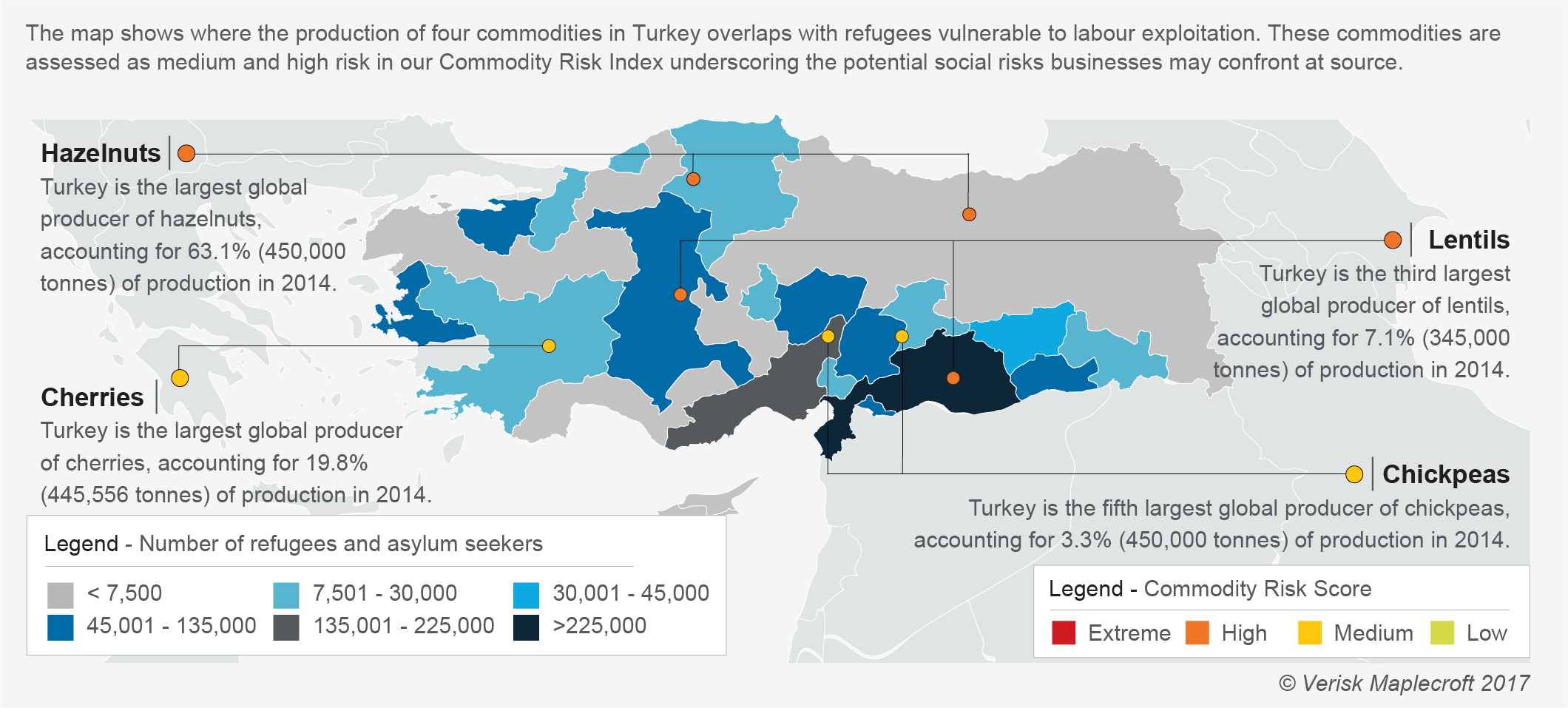Developments in mandatory reporting legislation mean that more large companies will be obliged to take steps to limit their human rights impacts and to disclose this to the public. Here are some key points:
- New EU legislation signals a shift towards a legal requirement for business to conduct human rights due diligence
- To be ready for new laws, companies will need to make human rights due diligence a standard procedure
- Failure to disclose information to the public may deter investors and damage brand reputation; French and Dutch laws introduce financial sanctions
Issue
The slow march of mandatory reporting laws across several countries means that the number of businesses that must publicly disclose how they respect human rights is rising. In 2017, a new set of firms in the UK are reporting under the Modern Slavery Act (MSA) for the first time. An inquiry into the adoption of a similar law began in Australia this year. EU-based banks and listed companies complying with the Non- Financial Reporting Directive (EU NFRD) must publicly disclose how they respect human rights.
However, legal requirements are no longer limited to disclosure. Mandatory human rights due diligence – until now confined to conflict minerals laws in the US and EU – is becoming mainstream. Companies covered by the French Duty of Care law, the Dutch Due Diligence Child Labour Law, and the pending Swiss Responsible Business Initiative, must implement human rights due diligence in their supply chain. These laws have tough sanctions: non-compliance can result in fines of up to EUR30 million in France and EUR820,000 in the Netherlands.
Challenges and opportunities
As pressure builds on business to disclose their efforts to tackle modern slavery and to conduct supply chain due diligence, the costs of non-compliance are also increasing. Association with modern slavery is now a brand disruptor; mandatory due diligence laws come with a hefty price tag.
Some simple steps can help companies to comply and to make disclosure statements that get stronger over time. These include: mapping the supply chain; conducting a risk assessment to identify the company’s actual or potential risks and to target efforts where the need is greatest; and, importantly, analysing and understanding what needs to be done to prevent human rights abuses and to continuously improve working conditions.
The public disclosure requirement turns a regulatory burden into a competitive incentive. These laws level the playing field by making due diligence standard practice; disclosure also creates a market opportunity for ethical companies because businesses want to publish robust statements. Mandatory disclosure makes it more likely that consumers, shareholders and investors will vote with their wallets on the basis of a company’s respect for human rights.
Explaining the data
The map illustrates how a business could be linked to human rights violations by looking at Turkey. It shows the geographic distribution of refugees and asylum seekers alongside the production zones of four agricultural commodities: hazelnuts, cherries, lentils and chickpeas. Our Commodity Risk data assesses a set of ESG risks, including labour rights violations and migrant worker abuse, associated with the production of a specific commodity in a country. All four commodities highlighted are on the border between medium and high risk; chickpea production, for example, is concentrated in an area that has some of the largest numbers of refugees, who are vulnerable to labour exploitation. With mandatory disclosure laws multiplying, identifying and preventing violations in the supply chain is increasingly important.
Summing it up
The story of human rights legislation is no longer just about the shift from voluntary guidelines to mandatory disclosure – mandatory due diligence is now also on the cards. Legislation has changed a lot since 2010. Laws on modern slavery in the US and UK started by making companies publicly disclose what they were doing to prevent violations, with soft penalties for non-compliance. But new laws in EU member states require business to actually conduct due diligence of supply chains, with substantial financial penalties.
Encouraging human rights due diligence is also a key element of the ILO’s 2014 Protocol to the Forced Labour Convention. Although only 11 states, including the UK, have ratified so far, the Protocol signals the direction of travel. Human rights due diligence will become standard procedure for business.
Top 10 human rights issues for business in 2017:
- Mandatory reporting: Disclosure and due diligence laws
- Supply chain blind spots: Hidden workers at risk of modern slavery
- Migration and modern slavery: Increasing risk for migrant workers in US
- Land rights: Rising scrutiny of land grabs’ money trail
- Social audits: Strengthening trust in auditing
- Corrupt recruitment: Strategic litigation with anti-bribery laws
- Privacy: The surveillance–national security dilemma
- Worker voice: Partnering with workers to prevent violations
- New technology: Transforming human rights management
- SDGs and UNGPs: Changing the lives of 81% of all workers

